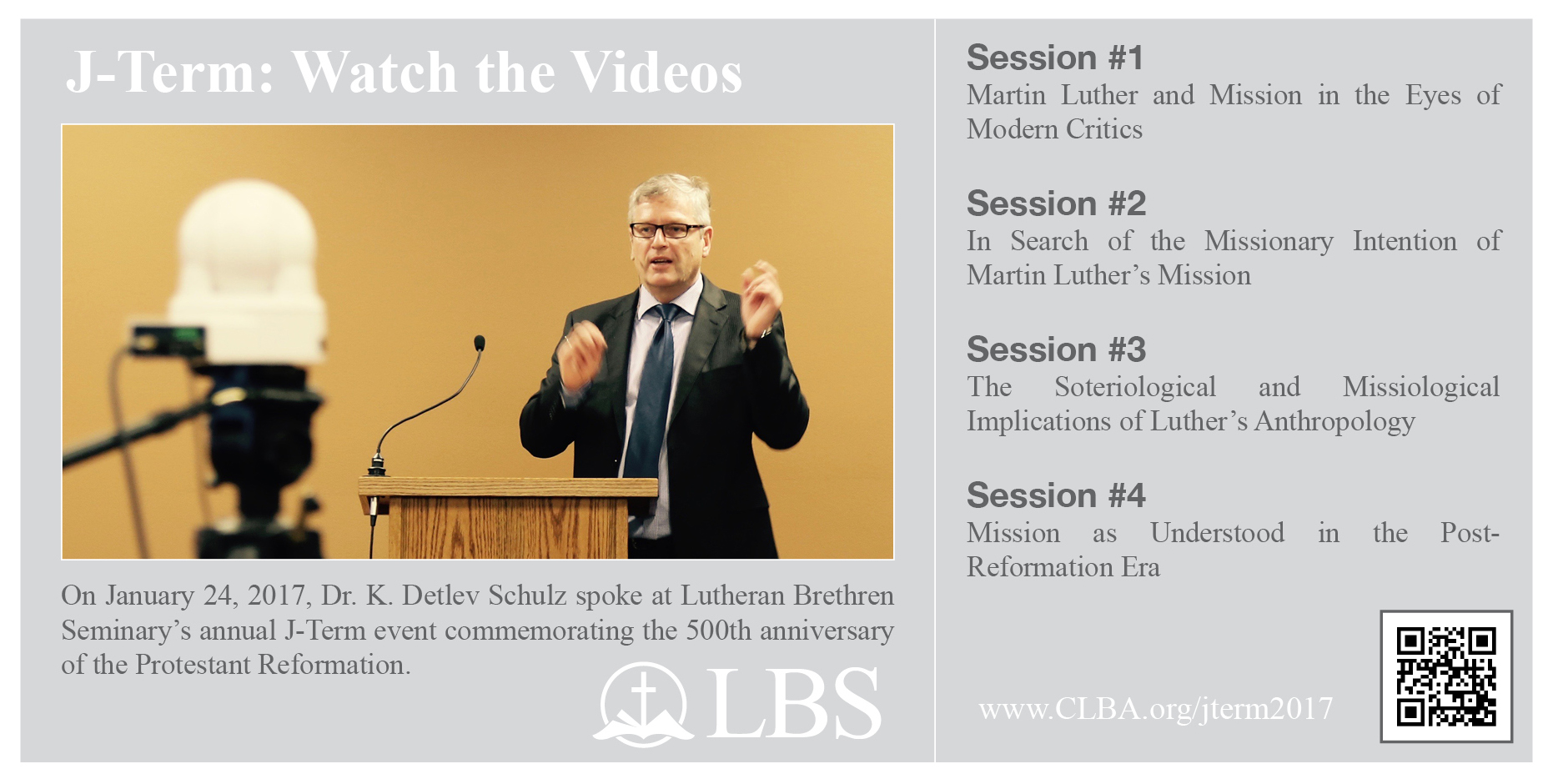
This is 2017, the year we commemorate the 500th year of the Reformation. There are many reasons for celebrating Luther: his translation of the Bible into German—thus helping to unify the German nation, his support for an individual’s freedom and autonomy from the oppressing hierarchy of the Church, and his stance on Church and state separation. But particularly noteworthy for those who call themselves Lutherans is his rediscovery of the Gospel that brought out the fact that salvation comes to us humans freely (Latin: gratis) and undeservedly, not because of our merits but because of Christ’s death and resurrection.
In that regard, the Reformation is a summons to reflect on our relationship with God and with one another. The concept of grace facilitates that reflection on how we have become and remain God’s children. Every Sunday we hear “grace, peace and mercy to you,” but who has time for much thought on what that really means? The 500th anniversary of the Reformation is a year that should not pass without us becoming aware of a key concept in Luther’s doctrine on preaching salvation to all nations.
Let us go back to Luther’s time. If one were to ask a medieval man what grace meant for him, he would explain it most likely in transactional terms. “God’s favor,” that is God’s good and benevolent attitude towards humans, comes to him not entirely undeserved. “You’ve got to give your best, do everything possible within you,” and in doing so you will grab God’s attention. (The Latin phrase is, “facultas applicandi in se est”—literally: apply the faculties that are in you.) True, God is almighty and still free to decide where and when it pleases him to give his grace, but once you get his attention by trying to be and do good, you may be assured of his grace at work in you. In Luther’s medieval tradition that appeal was directed to man’s will, and the grace that became operative in someone would instill love for God in them. God then returned his favor when aware of that love toward him. (In Latin that faith formed by love was called: fides caritate formata. For Lutherans that faith would not be justifying faith, but rather our sanctified faith. Love is a good work.)
Such a transactional understanding of a relationship between God and man is, in our society today, not much different. Perhaps not as institutionalized as then, but the idea that God rewards “good” people for what they do is as prevalent today as it was during Luther’s time. This subtle, naïve, merit-based thinking is in every human being by nature, and it is influenced by the prevalent religious trend called Arminianism, a theological position that regards natural man as wounded but not spiritually dead. The translation of the Latin jargon Luther had to contend with, would read today something like Benjamin Franklin’s mantra: “If you pull yourself up by your own bootstraps, then God will reward you with blessings in this life and in the life hereafter.”
Luther, instead, concluded that “the righteous live by faith.” In other words, those who want to receive God’s favor will receive it as a gift apart from their own doing. That sounds too good to be true. It comes across as too cheap. In reality it is not, because that grace was earned hard by the death of God’s Son Jesus Christ. “He turned to me a father’s heart; He did not choose the easy part but gave His dearest treasure” (Luther’s hymn, Dear Christians, One and All, Rejoice, Lutheran Service Book, #556, stanza 4). What Christ has done elicits God’s favorable disposition toward us, not due to any merit or credit on our side.
We stand before God’s throne of judgment totally corrupt, rebellious against him, and thus deserve his condemnation. In the most recent Luther film, Martin Luther: The Idea that Changed the World, Luther’s central concern is captured in one burning question: “How good am I as a person?” And for Luther, after a time of spiritual turmoil and soul searching, the answer is “not one bit of good.” There is nothing that we can appeal to within us, no love, no will, no reason. “My own good works came to naught; no grace or merit gaining; free will against God’s judgment fought, dead to all good remaining. My fears increased till sheer despair left only death to be my share; the pangs of hell I suffered” (Dear Christians, One and All, Rejoice, stanza 3).
God’s favor is received as a gift, gratis, freely bestowed through faith. In our culture, a gift is usually not free but earned or deserved through merits on our part. However, when it comes to defining our relationship with God, the words “earning” or “deserving” are totally misplaced. What matters now is the work of Christ. Luther gave back to Christ the central place in the Church’s preaching and teaching, and then he explained how Christ’s merits are applied to humans by the three solas: by grace, by faith and by the Word alone (sola gratia, sola fide, sola verbo).
Thus, the concept of grace reveals a number of important theological issues: It uncovers the anthropological dimension of us humans as sinful and corrupt. It brings out from Scripture what Christ has earned on the cross. It teaches that righteousness is a free and gracious gift from God. It points to faith as a gift of the Spirit that is received through God’s delivery system—his Word and Sacraments.
We have here in a nutshell the description of our justification in which grace becomes the key operative term describing God’s willingness and motivation to save us. He is no longer angry and dismissive but forgiving and gracious. But does this description in any way require human agency? Does it impact our relationship with other humans, or is this a discovery we keep to ourselves?
Indeed, that could happen, partly, because of the detractors who have claimed that Luther had little to do with missions. However, in Luther’s eyes the Church needs to take a wider perspective on this: “Then go, bright jewel of My crown, and bring to all salvation” (Dear Christians, One and All, Rejoice, stanza 5). Christ did not die for those who believe; he died for all humans in order that they may believe. Mission is by definition the application of Christ’s righteousness to the unbeliever or sinner through the proclamation of the Word, and Luther underscored that dimension with a clear intention of bringing it to the Jews and Turks. In fact, the missionary dimension of Luther’s theology connects to the article on which the Church stands and falls. God’s grace that is benevolent to us pushes the Church out to those who have not yet received it, who still stand before God’s judgment throne as condemned sinners.
Thus, mission is to the Church as heat is to fire. That inextricable connection of Church and mission is also so because of how faith and good works relate to one another. When we speak of being justified because of God’s grace, then our justified faith drives us to a response—to a “brotherly love” and concern for our neighbor’s welfare. That has been a motive for missions through the time of the Reformation and Lutheran Orthodoxy. When we look at other humans, we see them as those to whom God wishes to restore his image that has been lost through the fall.
The message of “grace alone” is like a banner we keep holding up in front of us as we walk on earth, and it is a strong message that tears down false edifices built by man. It is a timeless truth, but at the same time also a truth that does not ignore the particular issues of our time. In the early Church, Augustine held “sola gratia” against Pelagius who thought natural man is not totally corrupt. In the medieval times, Luther leveled it against the subtle merit-based monastic piety. In the Enlightenment era, it tore down the apotheosis of man, that is, to make himself god, who thus thought himself free and autonomous to do whatever he wanted apart from God. Today, “grace alone” corrects the subjective creation of one’s own religiosity built on the idea of actually being “good” and doing “good” which God rewards with some kind of happiness here and now.
Dr. Klaus Detlev Schulz, Th.D. is Professor and Chairman of Pastoral Ministry and Missions, Dean of The Graduate School, and Director of Ph.D. Missiology Program at Concordia Theological Seminary in Fort Wayne, Indiana.


